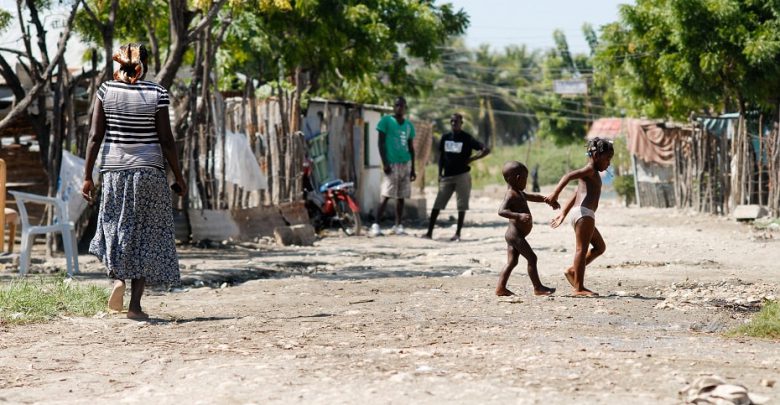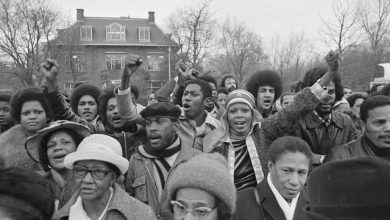AllOngoingThe Americas
Birthright Citizenship, Haiti and the Dominican Republic
The small Caribbean Island of Hispanola is home to Haiti and the Dominican Republic. Here, a generations-long struggle for citizenship in the Dominican Republic fought by those of Haitian descent has culminated in purgatory for those involved.

As most other countries in the Americas, the constitution of the Dominican Republic ensured birthright citizenship for anyone born on the country’s soil, with a few small exceptions including the children of diplomats. For many years, the country relied on the cheap labor from neighboring Haiti, and wealthy Dominicans were strict proponents of immigration laws that cemented the divide between the two countries in order to ensure the consistent flow of migrant workers.
Alongside strict immigration policies, the Dominican Republic also boasts many years of deeply rooted anti-Haitian sentiment and racism. In the 1930s, dictator Rafael Trujillo introduced a concept of Dominican national identity on the basis that the Dominican descendants of Spanish slaves had higher levels of European ancestry, and therefore were superior to the descendants of slaves on the Western part of the island.
Workers in the Dominican Batey
As a result of this, a pogrom of Haitians in the Dominican Republic occurred in 1937, forcibly separating people who lived and shared mixed ancestry on the border between the two countries. Following these acts, Haitian migrants who worked in sugarcane fields remained isolated to company towns on the Dominican side of the border, raising families
By the late 20th century, the former Haitian immigrants and their children who were born in the Dominican Republic left the cane fields and went to seek employment in other sectors of the Dominican economy. Nationalists who has grown up under Trujillo’s school of thought began to revisit citizenship and immigration laws and reforms.
Constitutional Racism
Policy shifts allowed a loophole to dictate that any child of Haitian descent was “in transit,” therefore making their citizenship null. Authorities refused to recognize already registered birth certificates, and ripped up the ones they had. In 2015, they then deemed that these populations were residing in the Dominican illegally, specifically targeting people of Haitian descent. Human rights activists consider these provisions and laws illegal, and the government framed any backlash as an international campaign to discredit the Dominican Republic.
Since the international outrage over the inherently racist policies, the Dominican government has restored citizenship documents to approximately 19,000 people living on the island. Although violence and border clashes still occur, they are now infrequent. The systematic racism shed upon Dominicans of Haitian descent describe, in horrid detail, the type of limbo a people could potentially find themselves in if birthright citizenship is denied.




